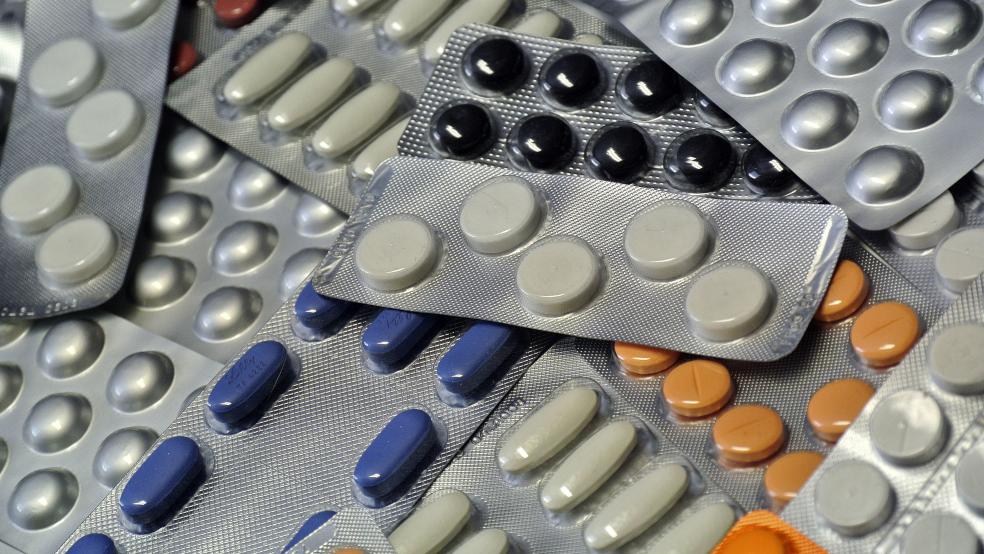Efforts to combat pricey drug costs that are blowing a hole in the pockets of consumers and the budgets of government agencies picked up a little steam on Thursday. Eleven Democratic senators – including presidential candidate Bernie Sanders -- pressed the Food and Drug Administration and the Department of Health and Human Services to investigate the impact of pharmaceutical companies selling “one size fits all” vials of drugs to treat cancer and other deadly diseases.
To some, the size of the container of breakthrough biometric drugs may seem like a minor consideration. Yet a new study published last week in the medical journal BMJ by a research team at New York’s Sloan Kettering Cancer Center found that nearly $3 billion a year is wasted by purchasing injectable cancer medicine in vials or containers that provide more medicine than is needed by a patient.
Related: Why $3 Billion Worth of High-Tech Drugs Are Wasted Each Year
The remainder of the drug is usually thrown away, rather than used on another patient.
Costly drugs such as Velcade, used to treat multiple myeloma, are typically injected by a nurse working in a doctor’s office or hospital and are only available in vials larger than the average dose. Unlike industry practices in Europe, where drugs are often sold in packages of varying sizes to meet specific needs, U.S. drug manufacturers generally follow a one-size-fits all approach that leads to extraordinary waste. As much as a third of the medicine in a vial is often discarded by nurses or doctors, or in rare instances used in the treatment of other patients.
“Even though reducing waste in healthcare is a top priority, analysts have missed the waste that can be created when expensive infused drugs are packaged containing quantities larger than the amount needed,” Dr. Peter B. Bach, director of the Center for Health Policy and Outcomes at Sloan Kettering, said in the report. This is particularly true for drugs for which dosage is based on a patient’s weight or body size and that come in single dose packages.”
Bach and his colleagues analyzed the waste resulting from the use of the 20 top selling cancer medicines. They concluded that health care insurers paid $1.8 billion annually for discarded quantities of medicine and another $1 billion of added “markups” by doctors and hospitals – for a total cost of $2.8 billion.
Related: Get Ready for Fireworks Over Soaring Drug Prices
Since Medicare and many private health insurance companies charge patients co-payments equal to as much as 20 percent for prescription drugs, the senators noted in their letter, “Patients are paying more in out-of-pocket costs for drugs that end up in the trash bin,” the senators said in their letter.
“What makes this situation even more alarming is the fact that patients, and the federal government, are already struggling with exorbitantly high prices for prescription drugs,” the letter stated. “Over the past few years, there have been a number of highly publicized incidents in which prices for certain drugs inexplicably skyrocketed resulting in significantly higher costs for families, insurers, and the federal government, as well as limiting access for those in need.”





